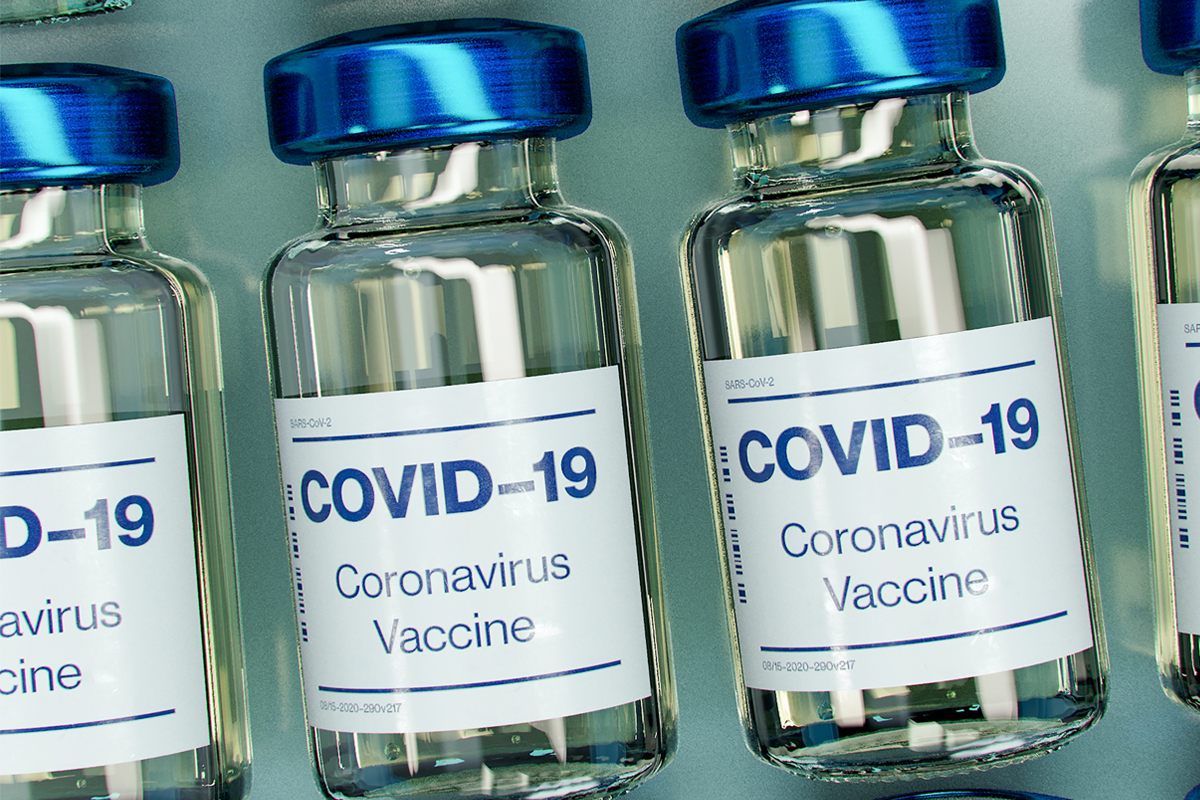How the EU ensures you get the COVID-19 vaccine

date: 17/11/2020
Finally! In the last weeks, the world is cheering up to the positive news on COVID-19 vaccine. If approved, vaccination might be just around the corner. During their latest video conference on 19 November 2020, EU leaders agreed to speed up the preparations of national vaccination plans to ensure vaccines reach all European Union citizens once authorised.
But how did we get here so fast? Developing a safe and effective vaccine usually takes more than 10 years. Given the death toll and the huge socio-economic damage caused by the pandemic, scientists are hoping to do it in just 12-18 months. How is that possible? Vaccine developers are saving time by running clinical trials and investing in manufacturing at the same time. That way, they can start producing vaccines as soon as the trials are successfully concluded, if not before.
Win-win deals for EU citizens
Would you invest in the production of a vaccine that might not even work? To encourage vaccine developers to take the risk, the European Union with member states have offered to cover part of the upfront costs of developing a vaccine with funding from the EU budget. In return, EU countries get to purchase enough doses of those vaccines, within a given timeframe and at a reasonable price. These are the so-called advance purchase agreements (APAs), a major endeavour that no EU member state could undertake on its own.
The EU has so far secured up to 1 805 million doses through agreements signed with the most promising vaccine candidates - the pharmaceutical companies that can produce on a large scale and have seen positive results in their clinical trials. These are BioNTech-Pfizer (200 million doses secured, with the possibility of buying an additional 100 million), AstraZeneca (300 million, which can be scaled up by a further 100 million), Sanofi-GSK (300 million), Janssen Pharmaceutica NV (200 million, with the option to purchase another 200 million) and CureVac (225 million, with the possibility to buy another 180 million). In addition, negotiations are ongoing with Moderna (up to 160 million).
Why so many? We don’t know which vaccines will be approved in the end. The more bases we cover, the greater the chance we have of getting a vaccine for everyone.
How will it work in practice, once we have a vaccine?
Once a vaccine has been shown to be safe and effective, given the green light from the European Medicines Agency (EMA) and authorised to be sold on the EU market, all member states will gain equal access to it. They will be able to buy a certain number of doses, based on the size of their population. The funding that the EU is now providing to vaccine producers is a down payment on the doses that member states will eventually acquire. This means that if a vaccine is approved, the EU will recover this investment in the form of millions of vaccine doses that will save lives.
When member states receive the vaccines, they will be able to distribute them among their population, redirect them to other European countries and/or donate them to lower- and middle-income non-EU countries. Because no one is safe until everyone is safe. And because the EU is committed to support global recovery.
Vaccines are only a part of the story. To find out how the EU supports our healthcare systems and is working to mitigate the socio-economic damage caused by the pandemic, read 10 things the EU is doing to fight COVID-19 and ensure recovery.
Interested in learning more about the role of EMA and the processes to develop and authorise vaccines in the EU? Don't miss EMA's virtual public stakeholder meeting on 11 December!
